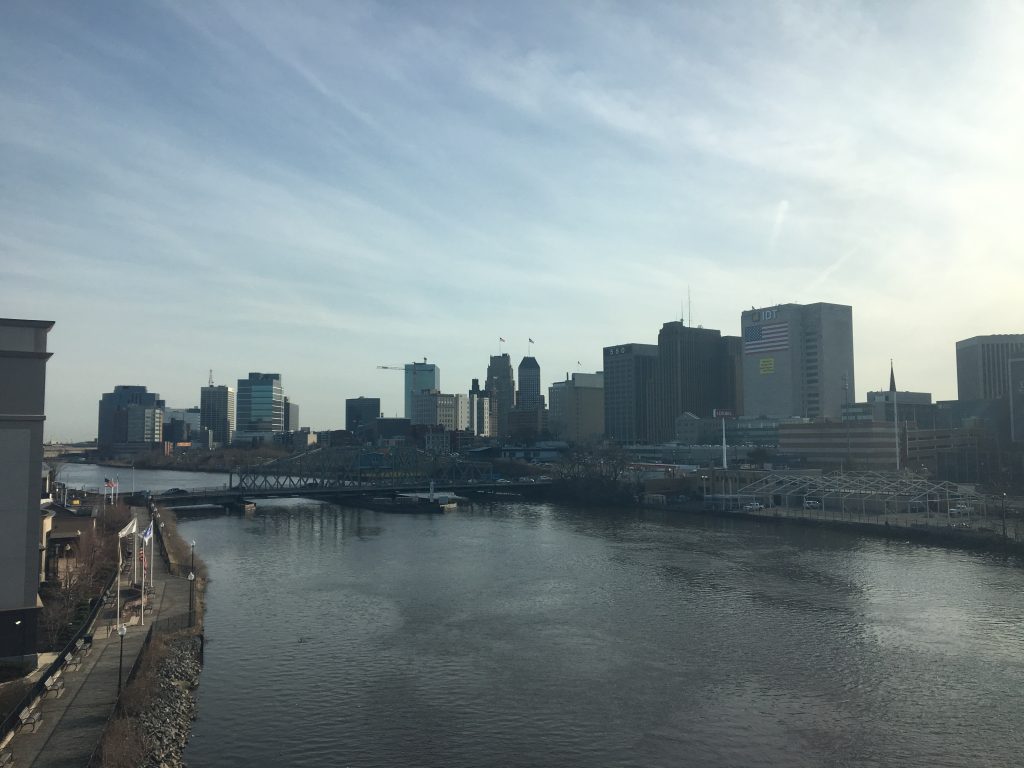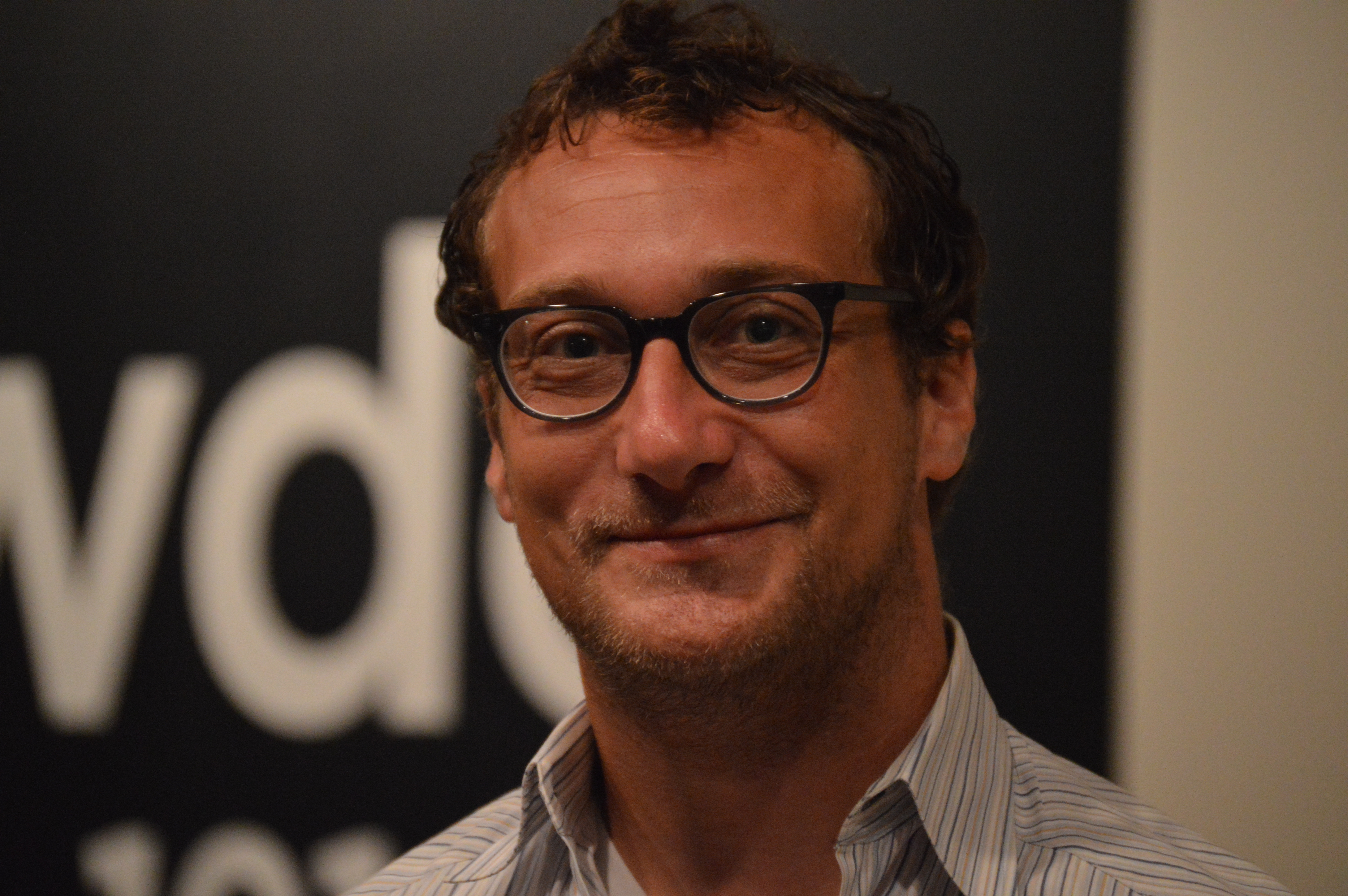Is Newark The Next Flint?
As cities like Newark and possibly Pittsburgh identify lead infrastructure that may contaminate drinking water, two experts talk about the lessons learned from Flint.


Residents have been lining up Newark, New Jersey to get their bottles of water after testing revealed lead in the tap water. Just like in Flint, health officials denied — for over a year — that lead was widespread throughout the water system.
Not far away, lead levels for Pittsburg Water and Sewer Authority remain higher than the federal action level of 15 parts per billion, although recent efforts have reduced levels. No amount of lead in water is safe, yet more and more cities face this problem.
Dimple Chaudhary is senior attorney and managing litigator at the National Resources Defense Council.
“You have confusion about the state of the water, you have mixed messages about what people should do, and then, if things go well, you may have a court or part of the government step in and try to fix it,” says Chaudhary. “But you’ll see in a lot of cases that the damage has already been done, both to people’s health and the public trust.”
Eric Schwartz is Assistant Professor of Marketing at The Ross School of Business at the University of Michigan.
The two join Detroit Today with Stephen Henderson to talk about the lessons Newark and Pittsburgh can learn from the Flint Water Crisis and how to repair faulty water infrastructure before more communities face the same fate.
Click the player above to hear NRDC Attorney Dimple Chaudhary and researcher Eric Schwartz talk about Flint, Newark and Pittsburgh.
WDET Book Club
WDET’s 2019 Book Club is hosting a Summer Series featuring her Dr. Mona Hanna Attisha’s book, “What the Eyes Don’t See.” Dr. Attisha is a Flint pediatrician from Hurley Medical, who first brought public attention to the discovery of lead-tainted water, which led to the poisoning of Flint children.
As part of the Book Club, WDET’s Detroit Today is traveling across Southeast Michigan discussing water infrastructure, environmental toxins and the health of waterways. Stephen Henderson is also talking about these issues on the air.
You can join us in that discussion. Read the book and engage with us online, on the radio and at events throughout the region. Here’s how:
Online: Join The WDET Book Club on Facebook where we will post articles and discussion topics throughout the summer. We’ll also invite guests to participate in targeted discussions you can engage in throughout the next couple of months.
On the radio Listen to 101.9 WDET! We’ll have interviews and conversations about Flint then and now, and more conversations about water quality, and trust in government during Detroit Today. You can listen to them on the radio, on demand and on the Detroit Today Podcast.
Follow us on Twitter: Follow hashtag Detroit Today where we will tweet our events, our guests and information about issues of safe water in our sinks, streams and lakes..
Events: We will travel to libraries around the region with guests who played a role in the book. They will tell their own stories about their involvement in the Flint water crisis, and we’ll invite local experts to talk about issues affecting our water in each community.
